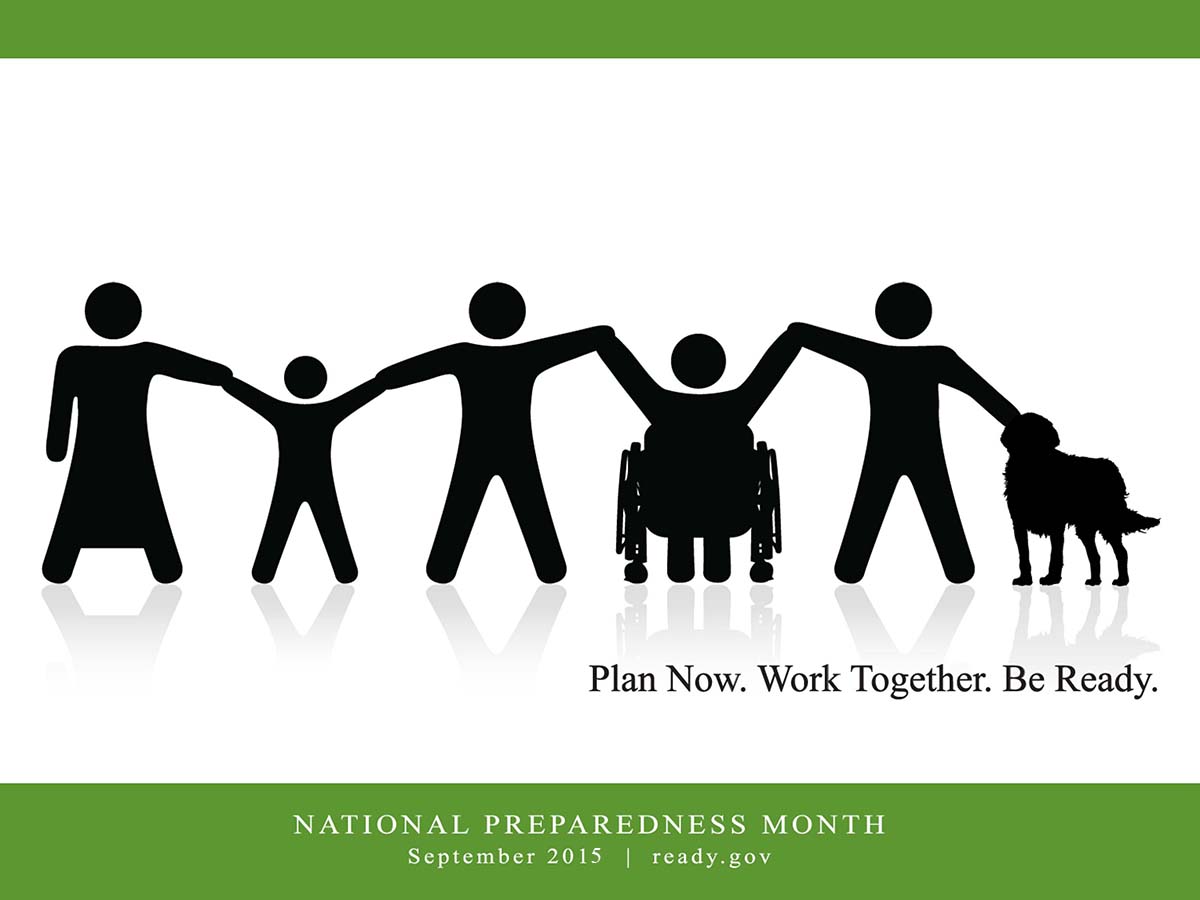September 11, 2015
 We recently taped a Parenting Today radio show on how families can be prepared for emergencies. (Stay tuned for the show to appear on iHeart Media stations soon!) From severe weather to active shooter situations, parents can take steps now that can make a difference if/when those traumatic moments arrive. Officially known as “Emergency Preparedness,” it means planning ahead, having supplies on hand, and being ready when an emergency occurs. The goal is to stay safe and connected during a disaster, as well as be better able to recover after an emergency.
We recently taped a Parenting Today radio show on how families can be prepared for emergencies. (Stay tuned for the show to appear on iHeart Media stations soon!) From severe weather to active shooter situations, parents can take steps now that can make a difference if/when those traumatic moments arrive. Officially known as “Emergency Preparedness,” it means planning ahead, having supplies on hand, and being ready when an emergency occurs. The goal is to stay safe and connected during a disaster, as well as be better able to recover after an emergency.
If you work with families — or have a family of your own — we encourage you to go through this basic list, check out the resources mentioned below and proactively plan for the worst to keep your children as safe and calm as possible in the event of an unexpected emergency:
- Create a family emergency plan. Know safe places to go as well as how you plan to communicate with one another, and develop a list of important information for every member to carry at all times (cell phone numbers, doctor numbers, etc.) Talk about the plan with your children every year, and adjust as they get older. If you have pets, be sure to consider their wellbeing as well. Ready.gov offers great Family Emergency Plan templates here.
- Check with your childcare center, school and workplace about the emergency plans they have in place. Request a copy and adjust your family plan to reflect their procedures and guidelines.
- Practice emergency drills. It can be as simple as walking down the block to a neighbor’s home that’s been designated as a safe meeting spot, or drawing a map together of your house with exits marked in case of a fire. Actively work with your kids to go through simple steps that will give them the knowledge to stay calm and make the best choices in case of emergency.
- Build a “Go Kit” together. This should include basic items to keep your family safe and connected in case of emergency (loss of power, stranded, etc.) Examples of items to include are water, non-perishable food, radio, flashlight, batteries, first aid kit, fuel for vehicle, etc. Be sure to consider special needs for families such as diapers, formula and medications. Volunteer Alexandria, the lead agency in Alexandria for the recruitment and management of unaffiliated volunteers during an emergency, has a great list here. So does FEMA. Keep in mind, every family’s kit could be different according to medical issues, special needs, mobility, etc.
- Know how to communicate with one another. Have a radio and extra chargers for devices; download the Ready Virginia Mobile App for alerts and updates. Experts suggest that you text or email instead of calling when possible – this is more likely to work if phone lines are overwhelmed or down. Be sure to program “In Case of Emergency” (ICE) contacts into everyone’s devices so emergency personnel can contact those people for you if you are unable to use your phone.
Of course, the hope is that disaster won’t happen – but if it does, you can work now to make sure your family is as safe and prepared as possible. In addition to the links we’ve mentioned, there are many more great resources for families online at www.ready.gov and at local agencies like Volunteer Alexandria.
